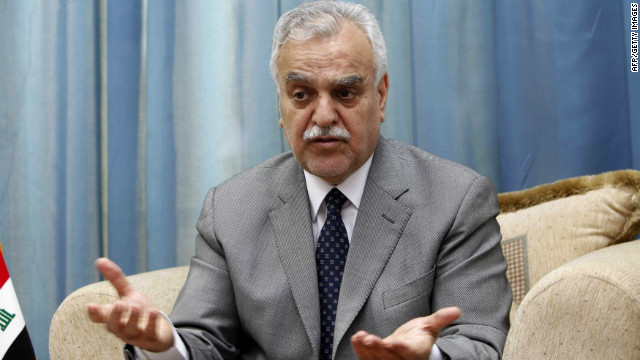Idleb, Jabal Ez-Zawiyyaah
Dozens were injured and many were killed as the regime’s forces pounded residents’ homes with rocket shells. The injuries on this casualty victim illustrate the extent of the shelling.
Douma, Damascus suburbs
This young man was killed by a sniper on his way to work on Sunday.
At-Tal, Damascus suburbs
The family of this young man bids farewell to him after was killed by the relentless gunfire at the hands of the regime’s forces during a demonstration.
Hama, Hama Province
The killing and destruction by the regime’s forces in Hama continues after the United Nations monitors left the town. This video captures the regime’s forces on a high building gesturing and threatening residents that a violent onslaught is about to begin again.
This is leaked video footage of the regime’s forces bragging about the pictured items (the chairs, fan, etc.) which they stole from residents after killing them.
This footage shows the pain of a mother crying to the United Nations monitors that she hasn’t heard from her son in months after he was arrested by the regime’s security forces, and that they refuse to give her any information.
Dar’aa, Khirbet Ghazala
These residents, at great risk, were able to capture footage of the regime’s checkpoint at the entrance of the town, where every vehicle entering and leaving is stopped and residents are berated by the regime’s forces, who often steal what is in the vehicles.
Homs, Al-Qusair
None of the points in the Annan Plan have been respected by the regime’s forces, and the tanks, military chekcpoints and armoured vehicles remain in the streets.
Homs, Al-Holeh
Even water is being prohibited from the residents, after the regime’s forces targeted the water tanks of the town in order to force the residents to flee as one basic necessity after another is taken away by the regime from residents.
Homs, Joret Al-Shayyah
Nothing is left in the town but massive destruction after the relentless shelling attacks on a daily basis by the regime’s forces.
Videos Courtesy of:
Syrian Network of Human Rights – Violations Report – 22 April 2012



